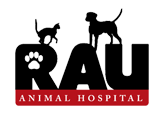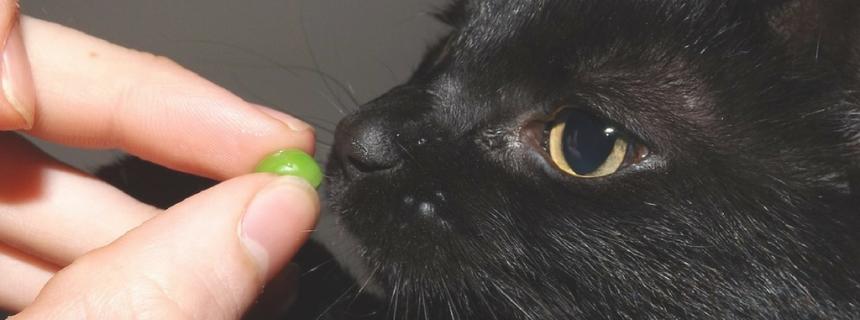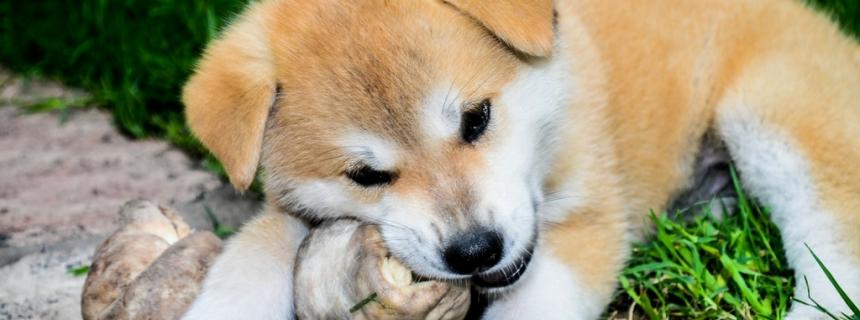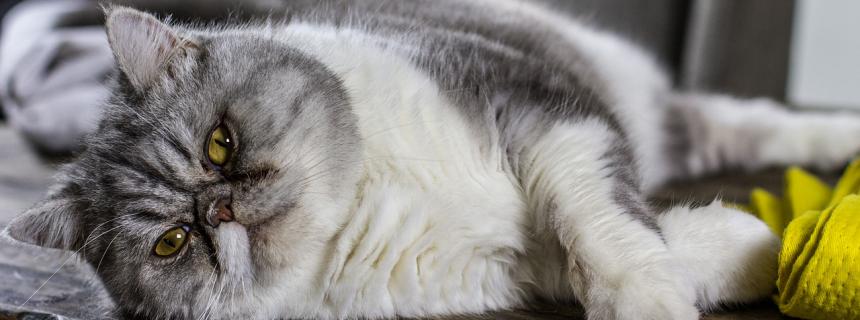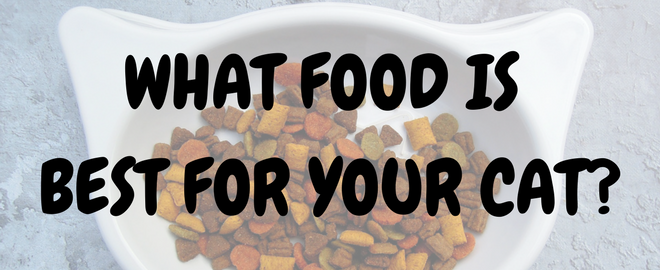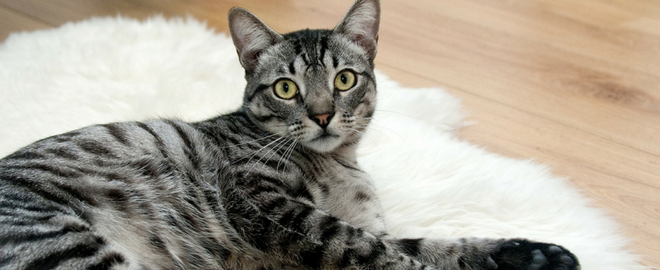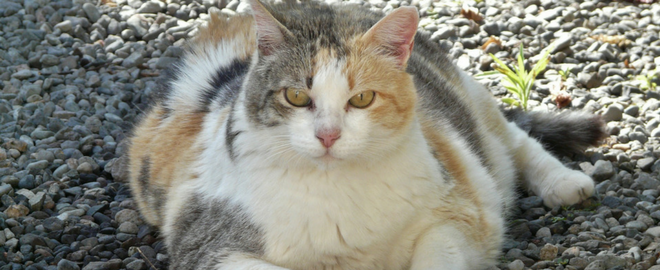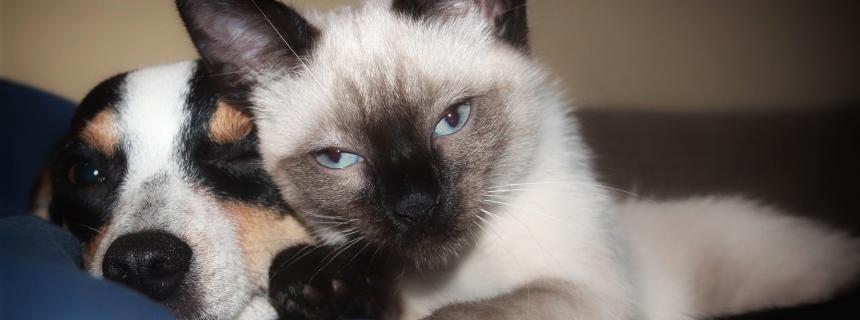This collection of [term:name] articles has been curated for you by Rau Animal Hospital. If you would like to talk to a veterinarian, please give us a call at 215-884-0453 .
Holiday Foods on the Naughty List
We all love to indulge around the holidays, especially when it comes to food. Unfortunately, tossing your pet table scraps as a “treat” can cause unnecessary upset to their digestive system. Read our recommendations before including fido or fluffy at the dinner table this year. Your pet’s tummy will thank you!
Read More
Veterinary Veggies: Should You Add Some Home Cooking to Your Pet’s Diet?
You and your pet both know the rule: No table food! On occasion, however, your vet may actually recommend human fare for your furry friend. What’s the deal?
Vegetables are an excellent source of antioxidants—dietary substances that can repair and prevent damage to the body’s cells—for both humans and animals. While antioxidants in tablet form only contain a handful of different antioxidants, vegetables can contain hundreds, many of which work together for an even more powerful effect.
Read More
An Integrative Approach to Gastrointestinal Disorders
The gastrointestinal system is very important in overall health. It is not only necessary for the nourishment of the body, but is also critical for keeping the body hydrated, presenting antigens to the rest of the body, maintaining balance in intestinal bacteria and elimination of the unusable substances ingested.
Read More
Cat Obesity: How to Help Your Cat Lose Weight
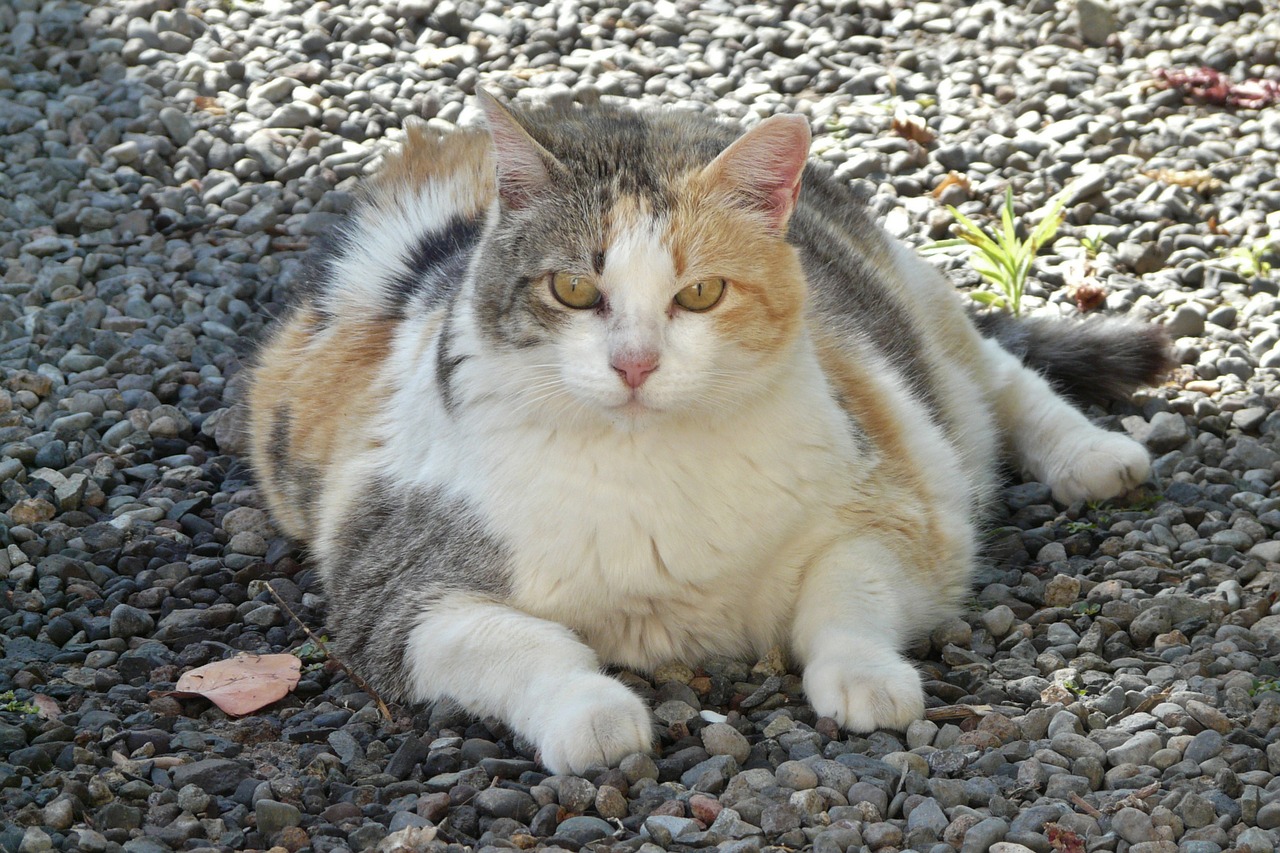 How do I know if my cat is overweight?
How do I know if my cat is overweight?Read More
What Food Is Best For Your Cat?
What’s the Best Cat Food?
Veterinarians are often asked what the best cat food is. After all, every cat lover wants to make sure their feline friend gets the best care and nutrition.
Yet, if you’re confused, it’s not a surprise. Pet stores are crammed with choices - kitten food, senior cat food, dry, semi-moist, canned. Then there are so many brands.
Plus, there’s a trend to feed cats a homemade, raw diet -- is that a good idea? Is it even feasible for you?
Read More
Problems in the Litter Box
Feline urethral obstruction and lower urinary disease are common conditions we see in our feline patients. Luckily, these illnesses are very treatable and preventable.
Read More
A Pet's Guide to Weight Loss
Obesity is an accumulation of excessive energy stored by adipose (fatty) tissue sufficient enough to contribute to disease. It is the most common form of malnutrition in our companion animals and it is growing in frequency due to an increasingly sedentary lifestyle coupled with highly-palatable, energy-dense food sources.
Obesity can significantly increase the risk of various diseases and can negatively impact both the quality of life as well as the life span of our pets.
Conditions associated with obesity include:
Read More
7 Things You Should Ask at a Vet Appointment
Taking your dog or cat to their vet appointment can be a bit overwhelming, especially if you don’t know what to expect. Here are some helpful questions we suggest you ask at your next appointment:
Read More
